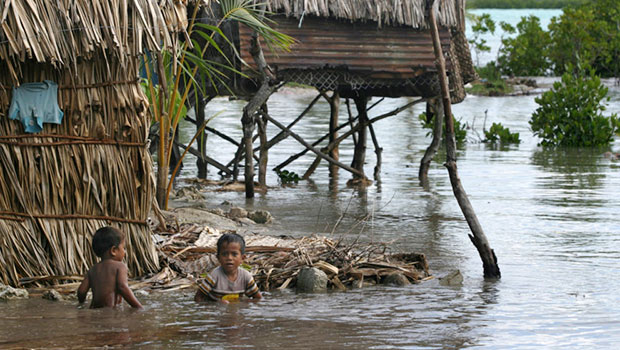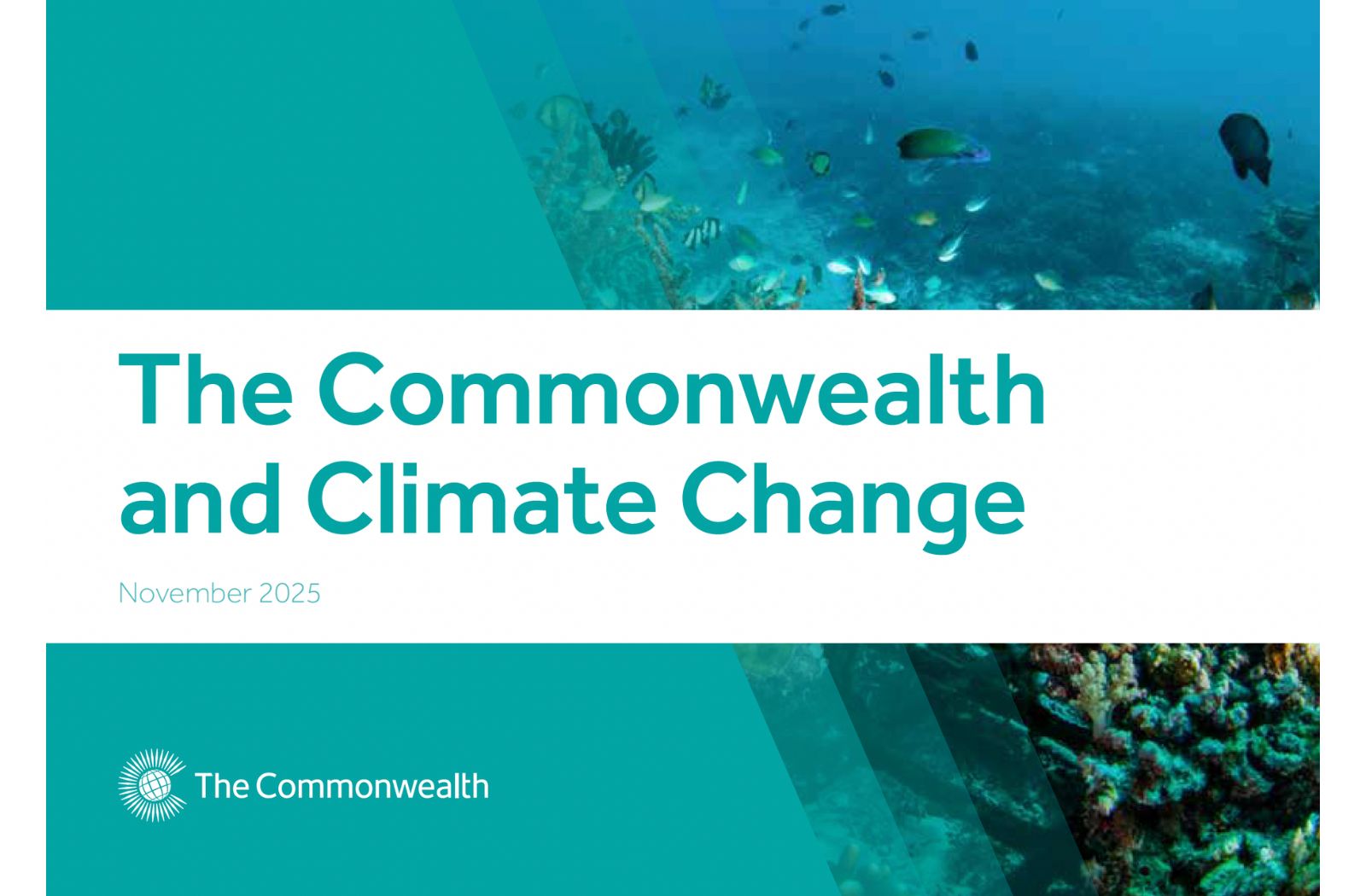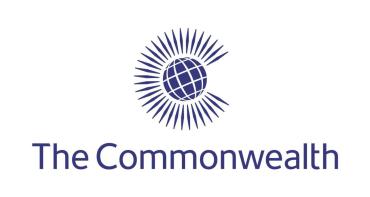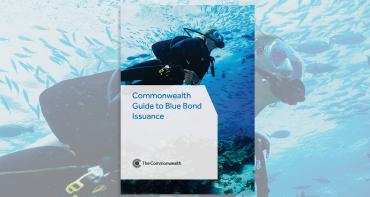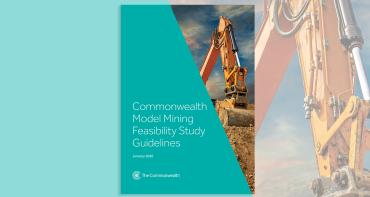The main hashtag to include in all posts is #CommonwealthForClimate
Social media accounts
Commonwealth Secretariat:
The Hon Shirley Botchwey, Secretary-General of the Commonwealth:
Commonwealth Youth:
COP30:
Key messaging
Our key Commonwealth messaging that you can tailor for your posts:
- The decisions and the initiatives we undertake now at COP30 can help to accelerate a future that is equitable and empowering - with small and other vulnerable states at the centre, not the margins.
- Across the Commonwealth, we continue to push for more ambitious Nationally Determined Contributions (NDCs), including on blue carbon and marine renewable energy, so that we can get back on track to achieve the Paris Agreement and the critical 1.5°C goal.
- We work with our partners to mobilise climate finance so that our member countries get investment in renewable energy projects. This is how the Commonwealth leads the charge on unlocking the scale needed for a renewable energy revolution.


